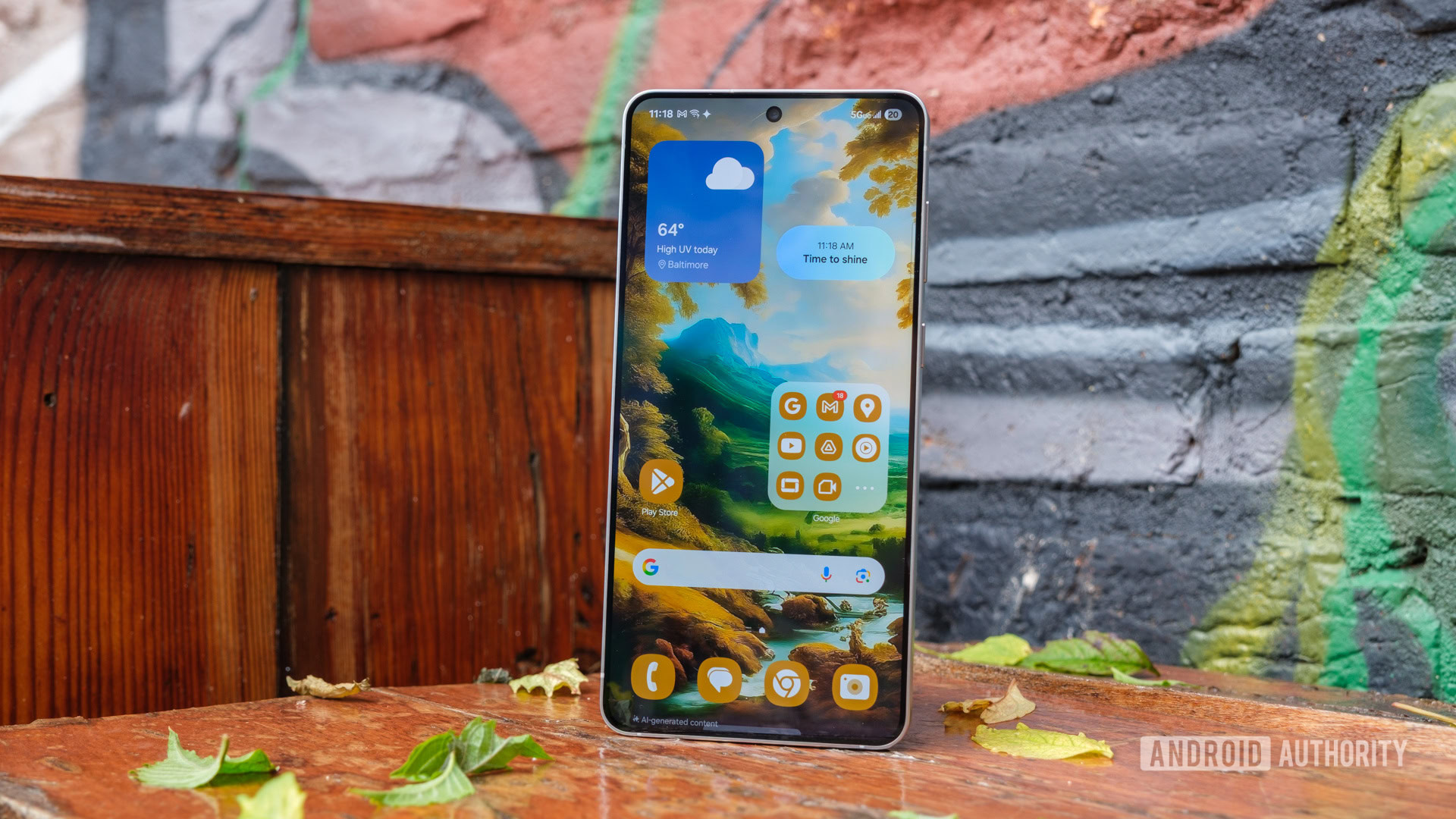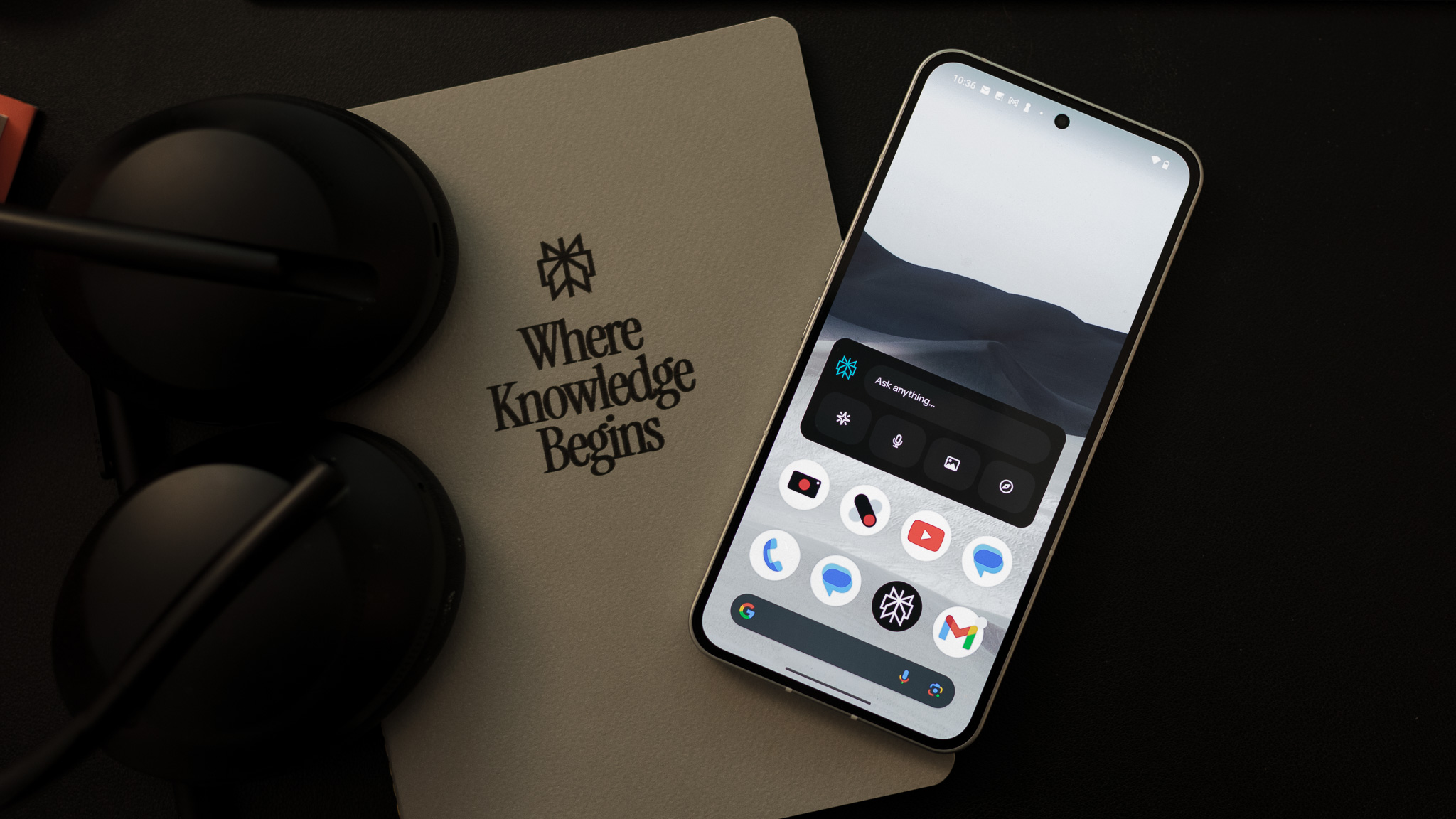Ryan Haines / Android Authority
Samsung just launched the Galaxy S25 Edge, and it’s probably the most polarizing Galaxy phone in years. The new phone brings an impressively thin and light design along with a 6.7-inch display. It also has the S25 Ultra’s 200MP main camera.
Unfortunately, this thin and light phone comes with several compromises, such as no telephoto camera and 25W wired charging power. However, the 3,900mAh battery is the Galaxy S25 Edge’s biggest cutback. Samsung could have used a silicon-carbon battery, but it didn’t. And the company’s reasoning is questionable at best.
Do you think Samsung should use silicon-carbon batteries?
1104 votes
Why doesn’t the S25 Edge use silicon-carbon batteries?
Silicon-carbon batteries differ from conventional lithium-ion batteries by lacing anodes with (surprise) silicon instead of graphite. This change allows for greater energy density. Simply put, that means a larger battery capacity for the same physical size or the same capacity in a smaller physical battery size. It really seemed like a no-brainer for a thin phone like the S25 Edge, but Samsung decided against this.
Samsung US executive Blake Gaiser had a rather curious explanation for this omission when he was interviewed by Tom’s Guide:
Samsung’s always looking at every new emerging technology that’s out there. So it’s something that we’re definitely not keeping our eyes off of. But with that new chipset, with agentic AI helping with performance and efficiencies of these batteries, we really felt that going with our traditional lithium-ion battery was the right move for this device.
I don’t know about you, but I’m not buying Samsung’s reasoning at all. I especially take umbrage with Gaiser characterizing this as an “emerging technology” when they’ve been used in commercial phones for over two years now. That doesn’t sound like a long time, but there are more smartphone manufacturers using silicon-carbon batteries than brands that aren’t, at least in the flagship space.
Apple, Google, Sony, and Samsung are among the only holdouts in this space. Meanwhile, HONOR, HUAWEI, Motorola, OPPO/OnePlus, realme, vivo, Xiaomi, and ZTE have all released at least one phone with this tech. In fact, HONOR is readying fourth-generation silicon-carbon tech with the launch of the Magic V5 foldable.
Don’t get me wrong; there is a downside to silicon-carbon batteries. They can be more prone to swelling, but smartphone brands have addressed this issue by only using a small amount of silicon. We’ve also seen companies like HONOR gradually increase the silicon content as they get to grips with the tech.
Samsung claims that silicon-carbon batteries are an ’emerging’ technology, but they’ve been here for a while.
If anything, I thought a limited release like the Galaxy S25 Edge would’ve been the prime candidate for a silicon-carbon battery. This would allow the company to iron out any minor kinks for more widespread releases like the mainline Galaxy S26 series. This battery tech would also allow Samsung to slim down its foldables without compromising endurance.
I also take issue with Gaiser’s claim that “agentic AI” can help deliver a more efficient experience. Sure, AI and other software enhancements can indeed make a difference, but how much is highly debatable. Furthermore, AI won’t make a real difference two or three years down the line when that already small battery degrades and you effectively lose 20% of the phone’s battery capacity. And it’s not like Samsung can’t bring these AI-assisted battery improvements to other, less slim phones.
Don’t get me wrong. I wasn’t expecting a silicon-carbon battery to be a silver bullet for the Galaxy S25 Edge. There’s only so much you can do with a super-slim design. However, even an extra 300 to 400mAh would’ve made an appreciable difference to everyday usage. Samsung had the chance to step up its game but missed out, again. Ah well, maybe the company will adopt this tech when Apple eventually embraces it.










